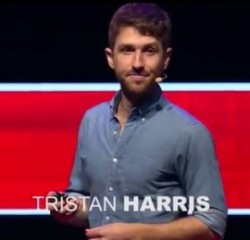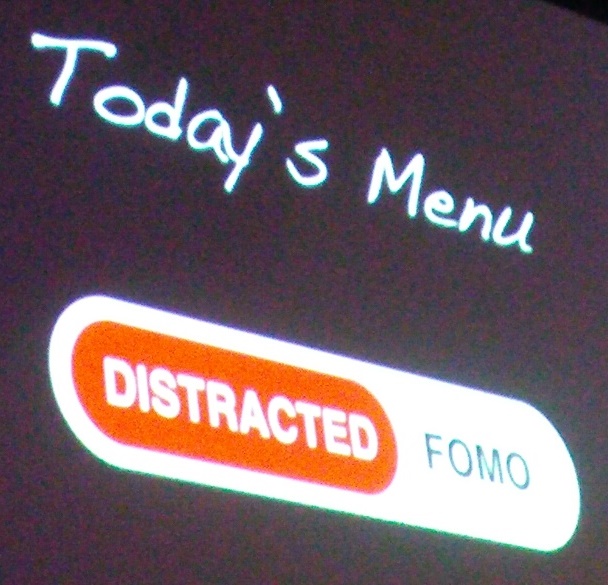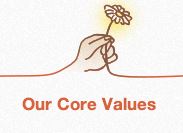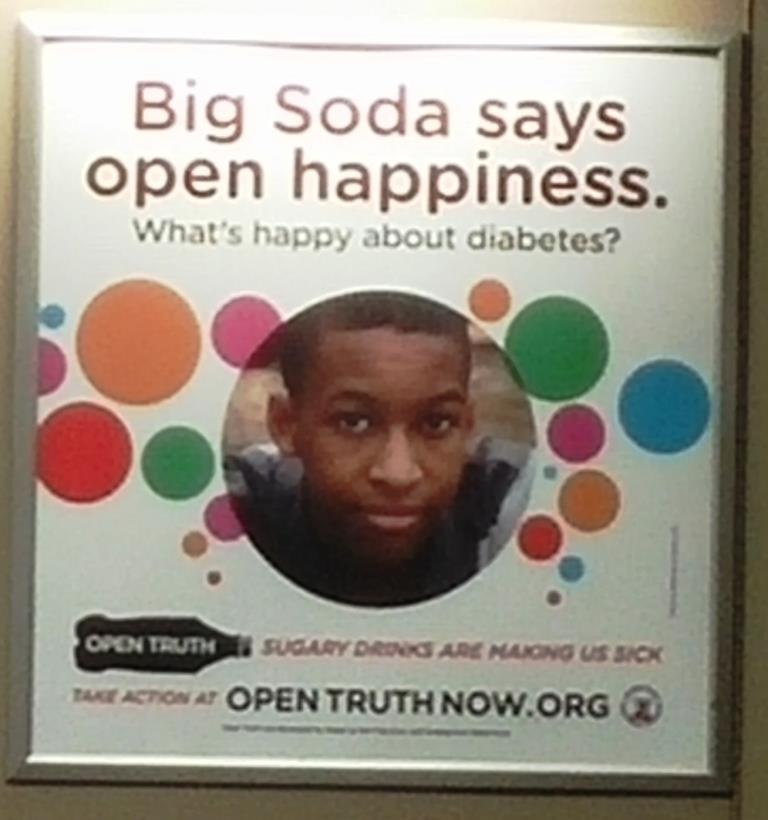
Wisdom 2.0 is an unlikely conference. Its goal: to help people “not only live connected to one another through technology, but to do so in ways that are beneficial to our own well-being, effective in our work, and useful to the world.”
There, tech titans such as LinkedIn CEO Jeff Weiner mix with masters of mindfulness, including Jon Kabat-Zinn. Having experienced that breadth of perspectives, each attendee leaves with a different takeaway. This is mine.
The 6th-ever Wisdom 2.0 felt less wide-eyed and more mature. Soren Gordhamer, founder of the W2.0 movement, set the tone: “At the end of our lives, what’s gonna be important?” Adding, “What is it like to live like any one moment isn’t more important than another moment?”
The conference covered compassion in business, wisdom in leadership, and mindfulness in everything. But the overall theme was Time—and the battles being waged over how we spend it.
The term “peak attention” emerged. Like peak oil, or “the point of maximum [oil] production,” peak attention suggests we humans are maxed out mentally. We’ve reached the point that every moment of our time can be filled with more information than we could ever process. I know that some nights, my forehead feels almost hot to the touch after cramming messages and reports left over from the day.
 In the way we so freely and constantly text and tweet and email, “we bulldoze each other’s attention,” claims Tristan Harris. Tristan, who works for Google and considers himself a design ethicist, gave a presentation about Time Well Spent, the same as his talk at TEDx Brussels.
In the way we so freely and constantly text and tweet and email, “we bulldoze each other’s attention,” claims Tristan Harris. Tristan, who works for Google and considers himself a design ethicist, gave a presentation about Time Well Spent, the same as his talk at TEDx Brussels.
Tristan believes our ever-present smart phones and search engines present us with an all-or-nothing proposition: either we’re online trying to keep up with it all, or we’re offline suffering FOMO – Fear Of Missing Out.
According to Tristan, many tech companies are “in a race to the bottom of our brainstems to seduce our instincts.” He should know, having trained at Stanford’s Persuasive Technology Lab. “It’s like being on a diet, but you are only handed menus with burgers and fries.”
Sherry Turkle, MIT social scientist and author of the best-seller Alone Together, shared a panel with Tristan. Normally an outspoken critic of how the digital world damages human interaction, Sherry was more circumspect, agreeing that tech companies “need to leave a little more time for choice.”
 Tristan observed that “companies need to value success in a different way,” citing Couchsurfing, which has charged itself with “creating lasting positive experiences and relationships between people who have never met.”
Tristan observed that “companies need to value success in a different way,” citing Couchsurfing, which has charged itself with “creating lasting positive experiences and relationships between people who have never met.”
Rather than simply prizing the total number of bodies that connect with couches, Couchsurfing measures “net orchestrated conviviality,” or net Good Times. In its algorithm, Couchsurfing deducts the time couchsurfers spend on its site, believing it’s not time well spent.
Tristan was there when Buddhist monks, including peace activist Thích Nhất Hạnh, visited Google with a list of ideas including a “compassion check” for writing emails, texts and documents. Like a spell check, it would alert you if you type a hurtful word.
Then Sherry said it:
“We need to politicize this issue.”
Pointing out how Hulu leaves no time for choice but instantly pushes viewers from one show into the next, she threw down the gauntlet: “Take a little responsibility, tech designers, you don’t need to build this in.”
On the flip side, Tristan feels consumers should stop being so passive and “demand” that mobile phone makers and search engine designers “give people back a choice.”
I poked around Tristan’s new site, TimeWellSpent, and watched software designer Joe Edelman revamp a user interface so users better manage their time, proving it can be done.
All this, of course, is music to my ears. In The Durable Human Manifesto I write about the importance of “durable design”—the kind that supports the vitality of our bodies, minds and spirits—whether of our personal technology, our no-tech products (such as the Stand Steady desk), or the processes we use (see the Spin Laundry Lounge).
On the train to the airport after the conference, I saw this poster by OpenTruthNow:  One can imagine that a similar approach could challenge forces in the tech world that would pressure us into addictive behavior.
One can imagine that a similar approach could challenge forces in the tech world that would pressure us into addictive behavior.
Tristan wants anyone who cares about this to visit his site. I also invite you to join my news list and share your thoughts here.
About the author: DurableHuman.com founder Jenifer Joy Madden is a health journalist, digital media adjunct professor, and author of How To Be a Durable Human: Revive and Thrive in the Digital Age Through the Power of Self-Design. Her work has informed millions on outlets including ABC News, The Washington Post, Readers Digest, Tech Republic, Thrive Global, and many others.
Read more about this author on Google+.




Durable human. Canotes strength and struggle. I’m thinking concious capitulation and compromise.
Sustainable human. Perpetuity.
Phones and computers. We decide how to design and use them.
Instant reactive communication and information and photo documentation.
Put them down. Think I’ll just let the mystery be.
It can wait. It’s not that important. You are not that important.
Time is money but
We have everything but time.
Choose quality time.
Fast from devices one day a week and reclaim 24 hours as your own. Technology will not lead the way.
We must. Thanks, DH, for pointing the way out of the cloud and back down towards earth.